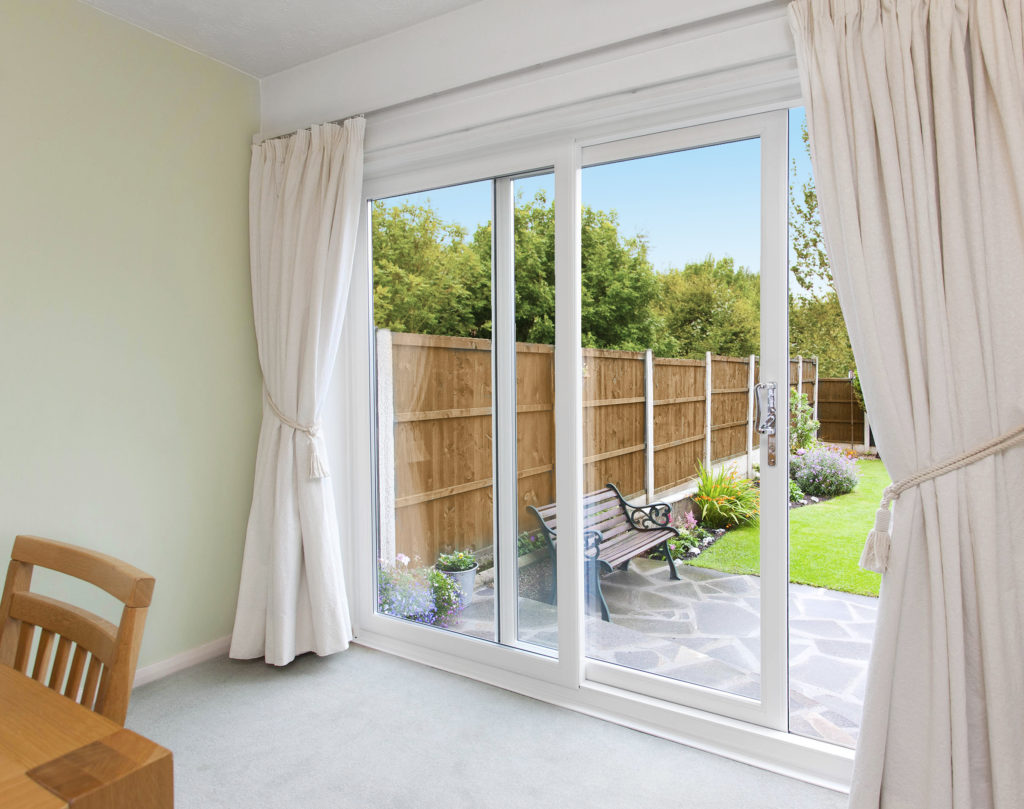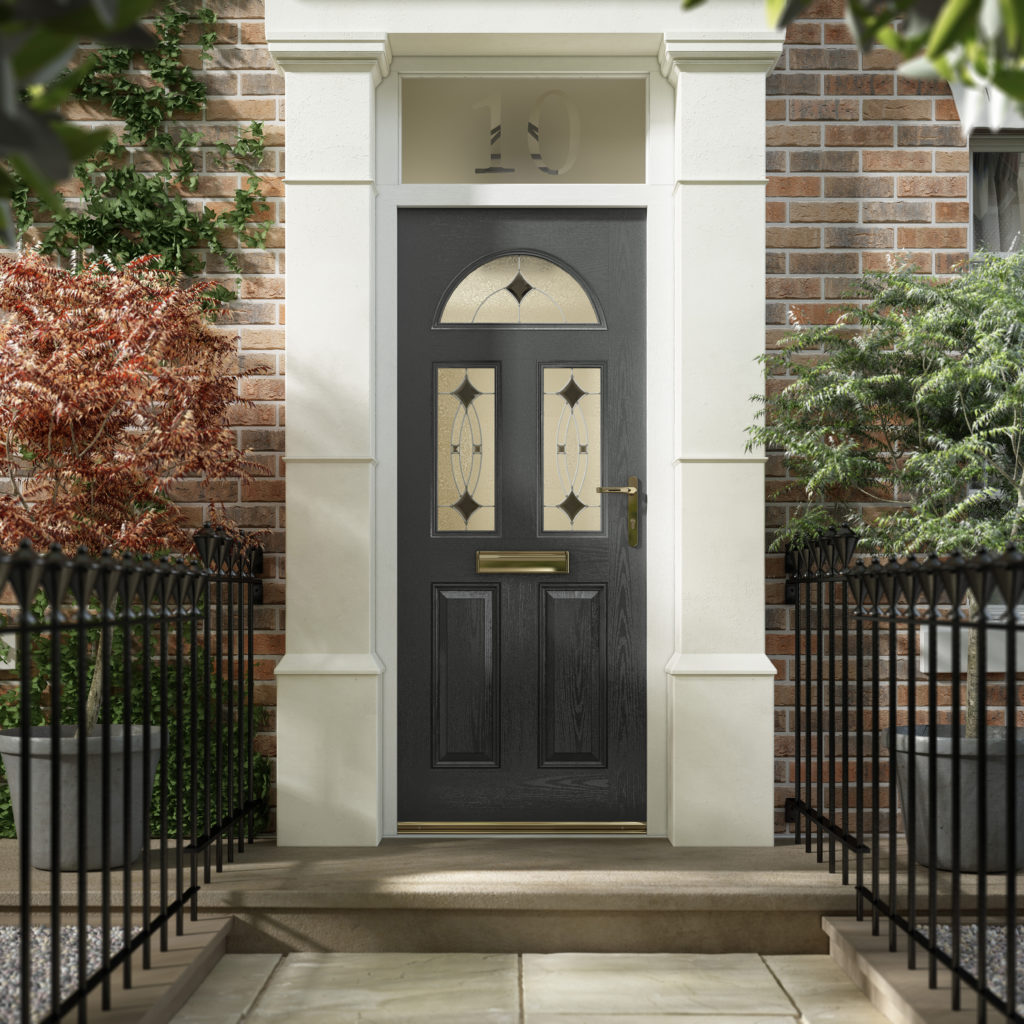With UK councils reporting a rise in the number of noise complaints during the past few months of lockdown, it’s unsurprising that many homeowners are now searching for ways to soundproof their homes. Cooped up together at home, households have found it difficult to avoid arguing with each other whilst simultaneously being more aware of their neighbours’ activities than ever. For those living in particularly noisy areas, this can present a real challenge.
One positive to emerge from this period is that we’re now more switched on to the importance of having quiet at home, without which it can be difficult to get a proper night’s sleep or focus on work. Whether your issue is noisy neighbours, traffic noise, or even a nearby train line, the most permanent solution is simply to soundproof your home and block out the din altogether. If this is your aim, then you’ve come to the right place.
This KLG Rutland guide explains how to reduce outside noise at home using various different methods. Starting with a selection of DIY soundproofing solutions, we’ll move on to discuss how you can pair these smaller improvements with more significant changes to create an extremely effective noise-cancelling environment. Now that KLG Rutland is open for business again, our team is on standby to advise you on the optimum doors and windows for a quiet, tranquil home.

DIY soundproofing solutions
Not all soundproofing solutions have to be major structural changes to your home. In this section, we’ll take a look at a range of DIY techniques to try, ranging from free, simple changes to larger projects that’ll take a bit more investment in time and money. To begin with, we’ll focus on soundproofing the walls in your home (the most effective type of DIY soundproofing). This section will also look at other small modifications that can help to reduce outside noise coming through your windows at home.
Soundproof your walls
When attempting to block out the noise in your home, one of the first areas to focus on is the walls. Wherever the disturbance is coming from, the key is to identify the main source of the sound and then soundproof the wall that separates you from it. There are several options available to you depending on the extent of the noise and how much money you’re willing to spend.
It might surprise you to learn that you can decrease the outside noise levels at home simply by moving your furniture around. If traffic noise is the issue, then placing bookshelves and other large items of furniture against the front walls of your home can help to prevent sound from passing through. Whilst you don’t want to overcrowd the space, emptier rooms produce more echo so it can help to bring additional furniture into particularly noisy areas of the house.
You can also introduce soundproofing measures when decorating your home. Thick wallpaper is a great way to start, particularly if you were already planning on putting some new wall coverings up. This can provide a base level of sound insulation that will contribute towards the overall effect. Equally, strategically placed paintings can help to block out noise (although this certainly isn’t a complete solution in its own right).
For those who prefer not to have wallpaper or paintings, acoustic plasterboard panels are a professional solution that can also be achieved through some careful DIY whilst redecorating. These panels are designed to fit against your walls in the same way as conventional plasterboard, so you won’t notice them at all once you’ve painted over the top. Acoustic plasterboard produces an exceptional noise-cancelling effect, making it the go-to choice for many commercial locations such as hotels.
Reducing outside noise through windows
Soundproofing your walls is the most effective DIY approach, but the next step is to reduce the levels of outside noise coming through windows. Many modern homes feature lots of glass throughout, maximising the light to make the spaces feel bigger. At KLG Rutland, we fit high-quality double glazing as standard (with triple glazing and noise reduction options also available), which significantly reduces noise pollution. In some cases, however, large sections of poorly insulated glass will allow sound to pass through easily, creating a noisy home environment.
If you’re not currently in a position to invest in windows with better noise-cancelling qualities, there are some temporary DIY solutions open to you. The best solution here would be to choose heavyweight, tightly woven curtains, ensuring that the drapes cover a small section of wall on either side of the window for maximum effect. It’s also worth using acoustic chalk to block up any small holes or cavities you find around your windows.

Soundproofing home improvements
Whilst these DIY methods might help to reduce outside noise to an extent, the most effective soundproofing solutions involve more extensive changes to your home. We provide a variety of noise-cancelling home improvements that are carefully designed to soundproof your home environment, ranging from our noise reduction Tranquillity windows to solid composite front doors for Nottingham properties. For the best results, try combining the techniques above with the more substantial improvements below to achieve as peaceful a home environment as possible.
Noise reduction Tranquillity windows
The A-rated double glazing we provide as standard gives you a sound protection level of 31 decibels (dB). Our Tranquility windows are the top-of-the-line in noise reduction, offering 40dB sound insulation for particularly noisy areas of your home. With laminated acoustic glass and a special polymer layer inserted between the panes, our noise reduction windows are engineered to ensure maximum disruption of the sound waves passing through the glass. For more information, visit the Tranquillity windows page.
Composite doors
Although the sturdy design of our Nottingham made composite doors is primarily intended for security and energy efficiency purposes, it also means that they provide exceptional sound insulation. Manufactured from compression moulded Glass Reinforced Polymer (GRP), our composite doors will help to reduce the amount of traffic noise that enters your home. Enhanced soundproofing is just one of the many benefits of composite doors – read our complete guide to composite doors to learn more.

Whether you’re focussing on DIY soundproofing for now or investing in more substantial home improvements, we hope that this post has provided you with some inspiration. If you need more information about how KLG Rutland can help you to reduce outside noise in your home, don’t hesitate to get in touch.


